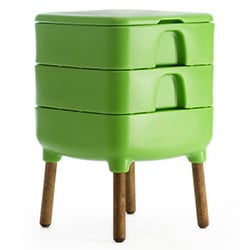 When the smell coming from your vermicomposting bin is horrible, you know that something is wrong. With dread, your worst fears are realized when you look inside: the bin is wet. That does not bode well. Moisture levels are critical for your composting worms’ health. If it’s too wet inside, your worms can get sick. They can even drown.
When the smell coming from your vermicomposting bin is horrible, you know that something is wrong. With dread, your worst fears are realized when you look inside: the bin is wet. That does not bode well. Moisture levels are critical for your composting worms’ health. If it’s too wet inside, your worms can get sick. They can even drown.
What should you do?
Assess the Situation
As a vermicomposting enthusiast, you are responsible for your worms’ well-being and their environment. You need to check their bedding’s moisture content regularly. One way is to use a hydrometer. Place it into the bedding where there aren’t many worms. Should the moisture range between four and eight, you don’t need to worry.
Another reliable method is to pick up a handful of bedding and gently squeeze. It should have the consistency of a wrung-out sponge. Water leaking from your squeezed hand is a definite sign that the bedding is too wet. If the bedding is flaky and crumbly, it is too dry.
If the bin is not too wet or dry, and but it smells bad, see our article Keeping Your Worm Bin Odor-Free.
Why is the bin wet inside? There is a multitude of reasons. The easiest to resolve is that you may have fed your worms too many foods with high moisture, such as melon. However, you may have to investigate further. There are two principal causes of high moisture: clogged drainage holes and blocked air holes.
Check the Drainage
Drainage holes are supposed to release excess moisture from the bedding. Clear the holes of any debris. If you purchased a specially designed vermicomposting bin, you might need to open the spigot to release water. Home-made bins might need more drainage holes drilled.
Check the Air Holes
Sometimes there is insufficient ventilation from blocked air holes. Ventilation helps regulate the bin’s moisture levels. If you made your own bin, perhaps you need to add more air holes. Ready-made composting bins have adequate ventilation as they’re already equipped with sufficient air holes and a loose-fitting lid. This leads us to another reason for excess moisture.
Watch Out for Rain
Rainwater can enter through loose-fitting lids. Also, water can though come through air holes. Keep your bin under an awning, on a covered patio, in a shed, or in a garage to avoid the rain.
Add a Blanket
Putting a worm bin blanket or sheets of black-ink newsprint on top of the bedding as another way to help regulate moisture.
Other Actions You Can Take
 We suggest you feed drier foods to your worms for a while. Avoid sopping wet fruit, for example, until you resolve the situation. If you see puddles on top of the bedding, sop them up with paper, clean rags, or paper towels. If your vermicomposting bin has a spigot, open it until the correct moisture and pH balance are restored. Lastly, and most importantly, add more bedding. Sprinkle a few handfuls of dry coconut coir, shredded black-ink only newspaper, or pure peat moss on top of the bedding. Stir gently and break up clumps of wet bedding until the mixture is consistent. Check the following day and stir gently again to ensure consistency.
We suggest you feed drier foods to your worms for a while. Avoid sopping wet fruit, for example, until you resolve the situation. If you see puddles on top of the bedding, sop them up with paper, clean rags, or paper towels. If your vermicomposting bin has a spigot, open it until the correct moisture and pH balance are restored. Lastly, and most importantly, add more bedding. Sprinkle a few handfuls of dry coconut coir, shredded black-ink only newspaper, or pure peat moss on top of the bedding. Stir gently and break up clumps of wet bedding until the mixture is consistent. Check the following day and stir gently again to ensure consistency.
Conclusion
Hopefully, you will never undergo this situation again. If so, you now have the experience to resolve it in a timely fashion. Have too many of your worms died? Don’t worry! You can always order more from Uncle Jim’s Worm Farm, the top grower of vermicomposting worms in the United States. Check out our live Red Worms, the Kings of Vermicomposting. And our live European Night Crawlers are good for composting, great for aeration, and handy as fishing bait. Uncle Jim’s Worm Farm sells composting bins and supplies to meet your every vermicomposting need. Our worms are born and bred at our rural farm in Pennsylvania.


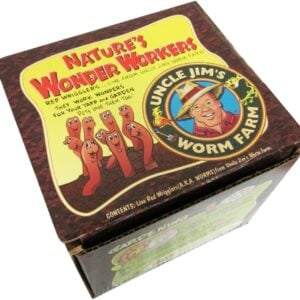
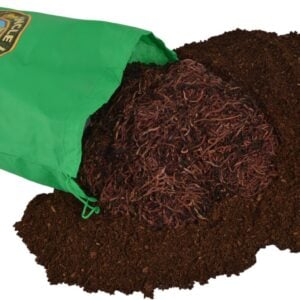
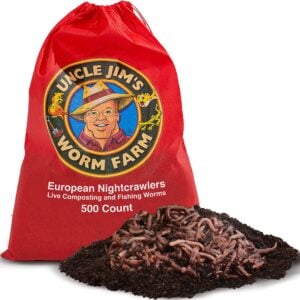
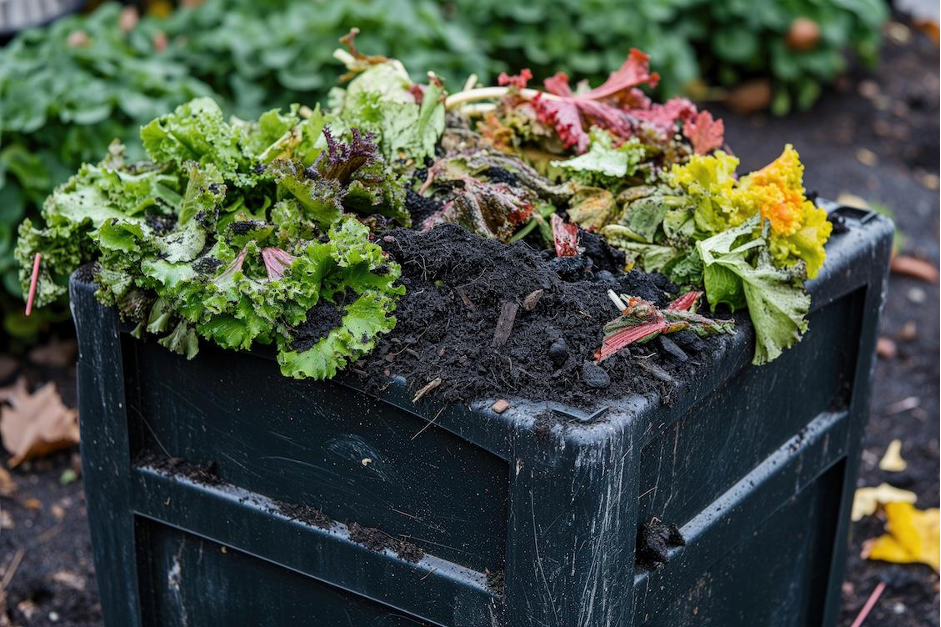
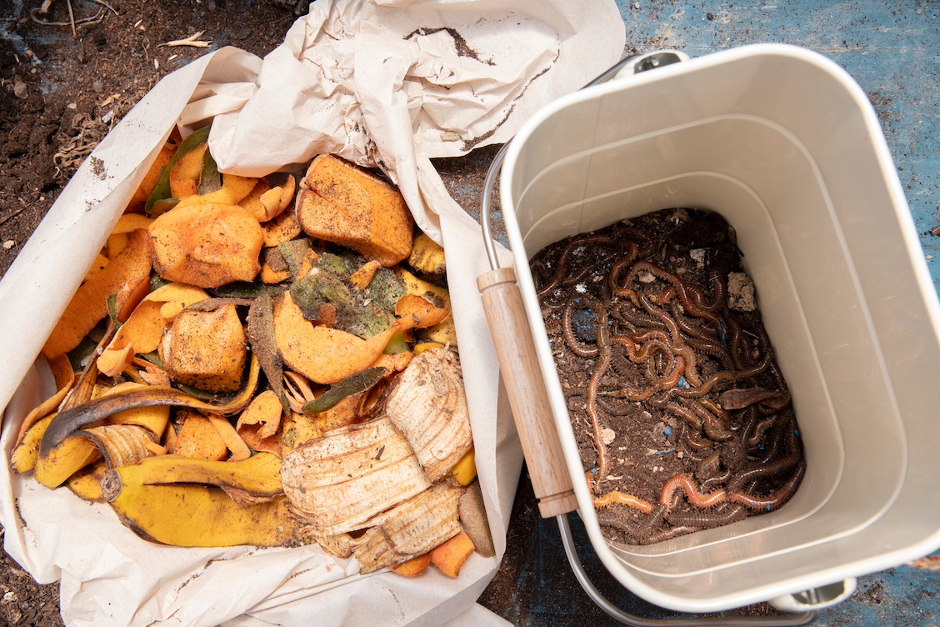

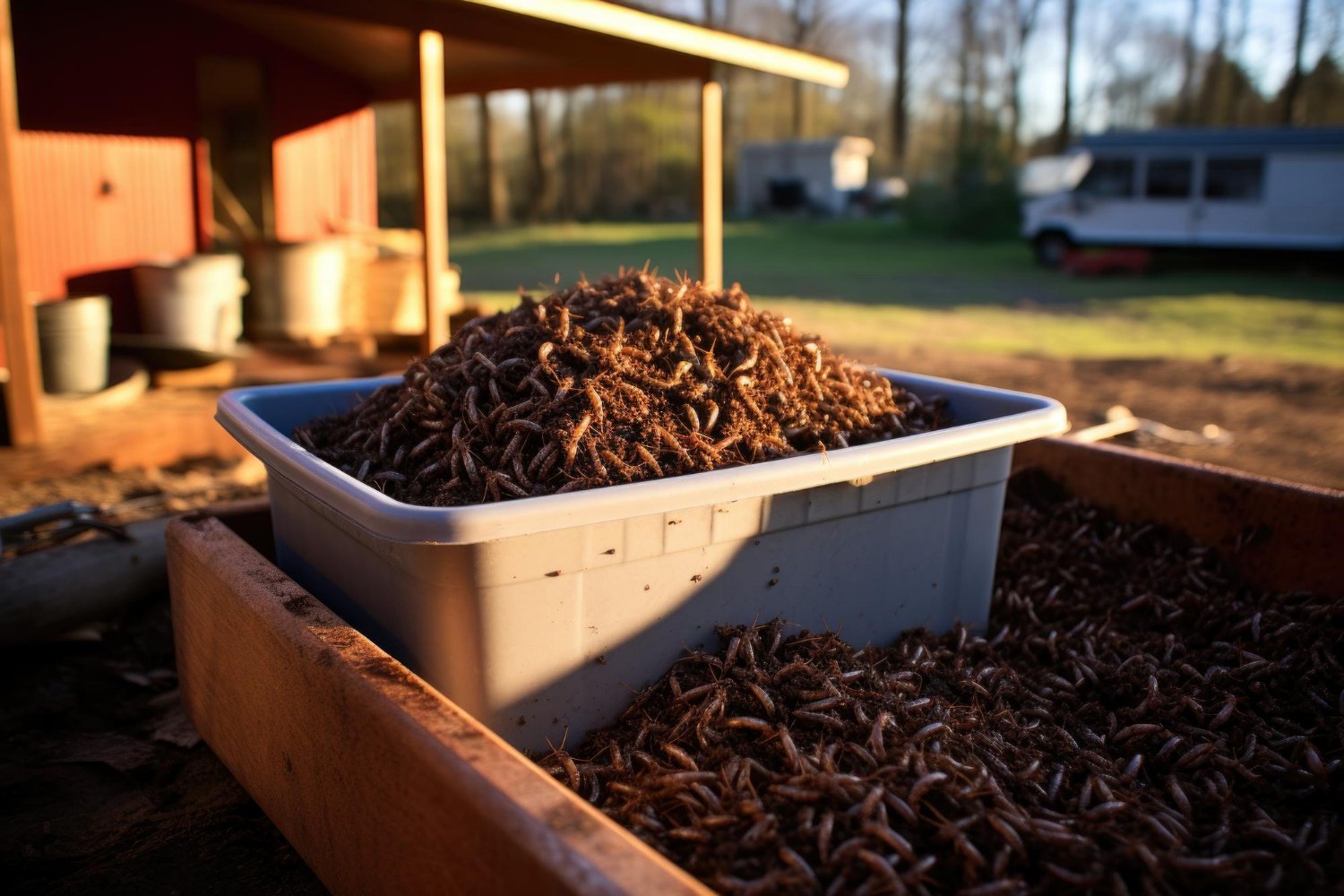
One thought on “Is My Vermicomposting Bin Too Wet? What to Do?”
Wetness is not a problem with mine, but temperature might be, what is the optimal temperatures for my worms to their best, I live in Southern California, during the summer the temperatures are extreme , therefore I understand I need to keep them inside, my question is what temperatures will my worms do best , and what are their limits